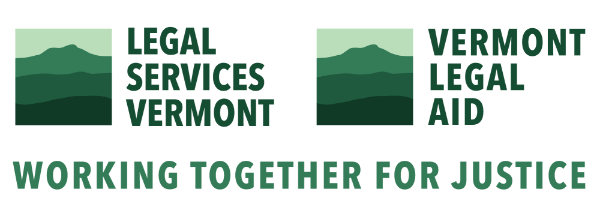Fair housing law protects people with disabilities from discrimination. Different laws decide what counts as a disability under that law. This page describes how fair housing law defines what counts as a disability.
You have a disability under fair housing law if any one of these three things is true:
- You have a physical or mental impairment which substantially interferes with at least one “major life activity.”
- You have a record of having a physical or mental impairment.
- Other people think that you have a physical or mental impairment.
What is a physical or mental impairment?
A disability is something about your body or brain that makes it harder for you to do some things. Or something about your body or brain means you have to do some things differently than other people. If your brain or body makes it hard for you to do a “major life activity,” you have a disability under fair housing law.
“Major life activities” include:
- seeing
- hearing
- walking
- standing
- sitting
- lifting
- breathing
- performing physical asks
- driving
- caring for yourself
- learning
- communicating
- concentrating
- thinking
- sleeping
- going outside
- working
Major life activities also include things like being physically healthy. If you are sick and your illness limits you in a major life activity, you have a disability.
Examples
There are many kinds of disabilities. Here are a few examples.
- a heart or breathing condition
- depression or anxiety
- a problem with your legs that prevents you from walking easily or climbing stairs
- mental illness
- challenges with seeing or hearing
- a learning disability that prevents you from reading or keeping track of your money
- HIV infection
- alcoholism or drug addiction — if you’re in treatment
- traumatic brain injury
Some disabilities get better or worse over time. Many people have a disability — or more than one disability.
If you get Social Security Disability benefits or Supplemental Security Income (SSI), you have a disability under fair housing laws. But you don’t have to get disability benefits. Many people with disabilities don’t get any benefits.
What to do
Do you think you were discriminated against in housing? You have choices about what to do. See our Housing Discrimination: What To Do page.

